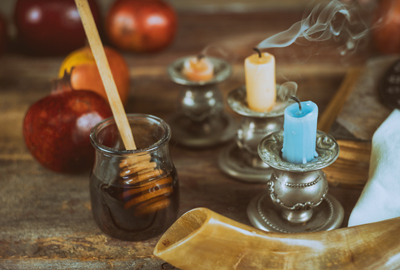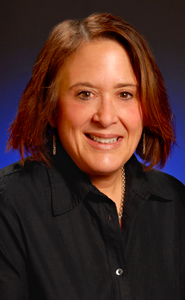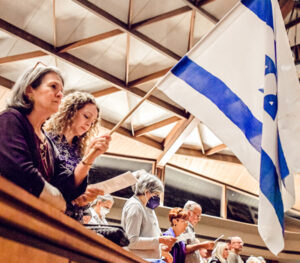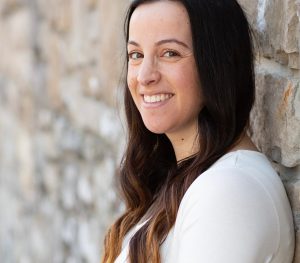By Donna Kane, MA, CT, Jewish Community Services
Grief Doesn’t Take A Holiday

Loss and grief touch everyone. It is an inevitable part of being human. How people experience these emotions can be as unique and individual as each person.
How do we protect ourselves from the tremendous pain caused by the death of a loved one? It is human nature to want to avoid pain. But in grief, it is better to move toward our pain.
The expression “grief work” conveys how difficult this is to do. It is even harder to determine how to embrace your loss and grief when the holidays are upon us. How do you cope with the empty place at the table?
It is possible, with some thought and planning, to approach the holidays with a different set of expectations — ones that include the opportunity for mourners to find solace and comfort in the customs of our holidays. Even with the heavy burden of grief, it may be possible to look toward the New Year with some expectation of comfort and peace.
- Plan Ahead: Anticipation can ease the impact of the holiday. Usually, the anticipation is worse than the event. Have a “safe” place to go to if you feel overwhelmed. If you are a guest, ask your host where you can have some privacy if you need it. Remember to take your own car to someone’s house so you can leave when you want to and do not feel uncomfortable telling guests it is time to go if you are entertaining at home.
- Assess Tradition: Be realistic about what you can handle. Eliminate the pressure of having to do something a certain way because you always did it that way. Traditions can be modified, and they can resume when they will be a comfort to you.
- Balance Solitude and Socializing: Grief is exhausting. Allow yourself some time to be alone. You have the right as a mourner to set limits on socializing.
- Acknowledge Memories: Memories are important for healing, and sharing stories promotes a bond between family and friends. There is truth to the saying that “sorrow shared is sorrow diminished.”
- The Elephant in the Room: Do not accept silence. This is the most detrimental myth about grief and loss. Sharing stories and memories helps those grieving to feel connected, and therefore, less alone. When family and friends acknowledge the person who has died, it allows the relationship to continue, to “live on” despite the loss. Acknowledge that empty place at the table.
Finally, try to allow yourself to experience comfort and some pleasure as well. Remember that you will not “get over” the death of a loved one. The loss becomes a part of your life and a part of who you are.
Most importantly, remember that other people will want to offer support. Be open to accepting help when others reach out. We can come together in our grief and in the hope of a happier and meaningful holiday season.

Donna Kane, MA, CT, is a Grief Clinician at Jewish Community Services.
Jewish Community Services (JCS) provides programs and services for people of all ages and backgrounds, helping them achieve their goals, enhance their wellbeing, and maximize their independence.
To learn more, visit jcsbalt.org or 410-466-9200.
Subscribe to our newsletter
The Associated is a home for everyone in the Baltimore Jewish community. We offer several email lists to help people find a community, engage with their peers and support Jewish journeys around the world.
Join Our Mailing ListKeep Reading
Add Impact to Your Inbox
Sign up for our newsletter
Subscribe to our newsletter
The Associated is a home for everyone in the Baltimore Jewish community. We offer several email lists to help people find a community, engage with their peers and support Jewish journeys around the world.
Join Our Mailing List






 Please Wait while we loading your video.
Please Wait while we loading your video.